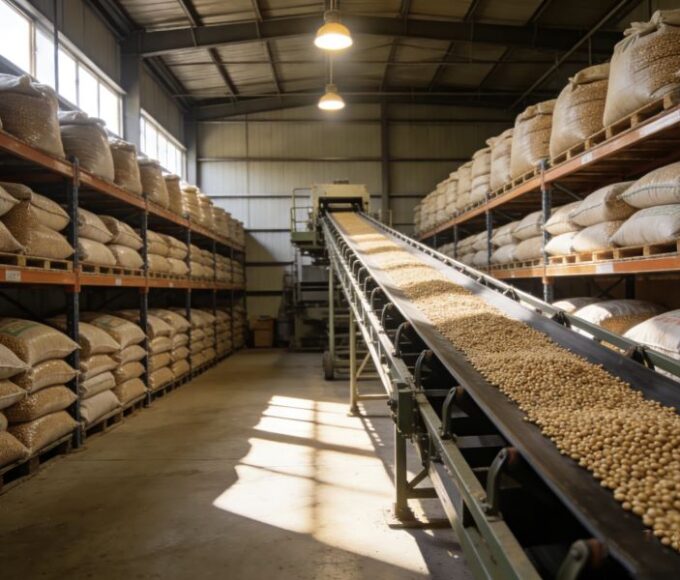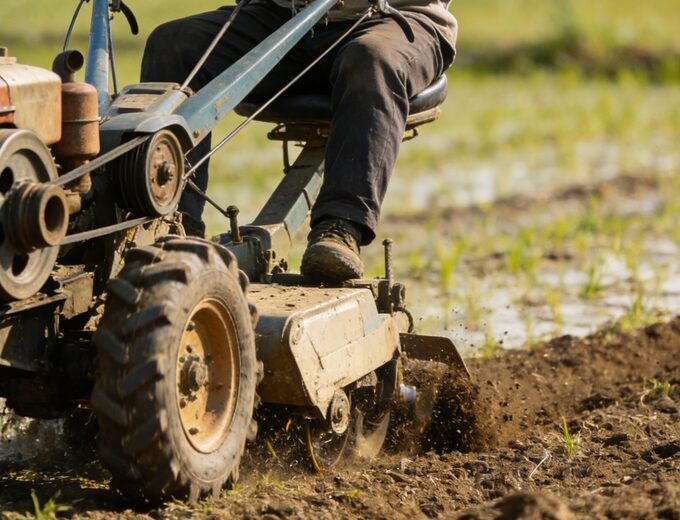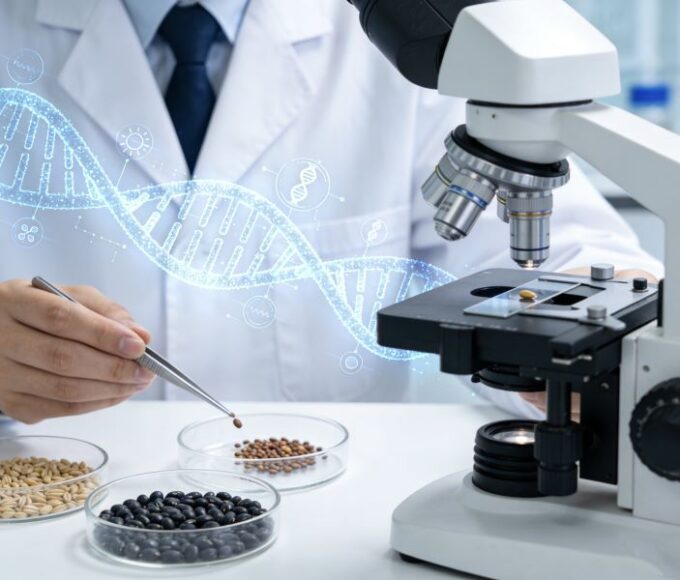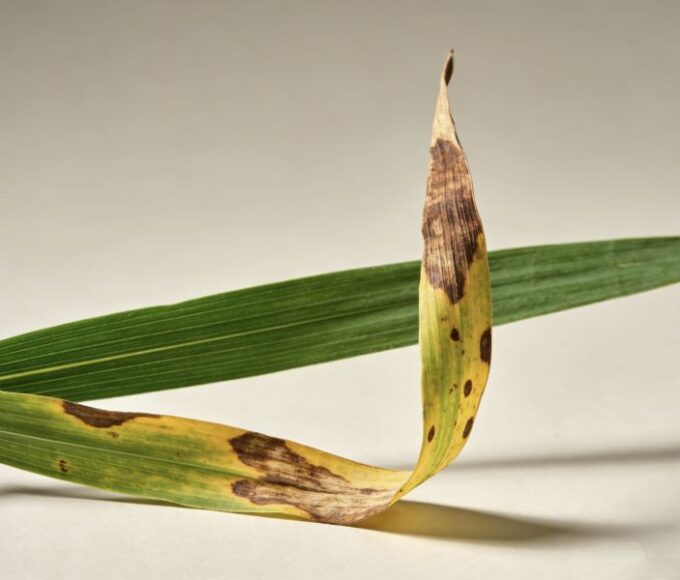Agriculture is the mainstay of most African economies, accounting for about 30 to 40 percent of GDP and providing a livelihood for most farmers. However, agriculture in Africa generally faces a range of challenges, including low productivity, climate change, and poor infrastructure. With population growth and urbanization accelerating, modernizing agriculture is particularly urgent. Modernizing agriculture is not only key to improving food security and farmers’ incomes, but also the basis for boosting economic development. Latest.com will explore the reasons for, the current status of, the challenges facing, and the solutions to the modernization of agriculture in Africa.
The Need for Agricultural Modernization
As the global population continues to grow, so does the demand for food, and Africa’s population is expected to grow significantly in the coming decades, placing greater demands on food production. However, agricultural productivity in Africa is currently much lower than in other parts of the globe, and it is therefore essential to enhance crop yields and quality through modern technology to ensure food security. As Africa is one of the regions most affected by climate change, with frequent droughts, floods, and other extreme weather phenomena posing a great threat to agricultural production, modernizing agriculture can help to increase resilience to climate change and enhance the stability and sustainability of agricultural production through precision and climate-smart agricultural technologies. In addition, agriculture in Africa is still dominated by smallholder farmers with low productivity and unstable incomes, and agricultural modernization can boost farmers’ incomes, reduce poverty, and improve overall social welfare.
Current Situation
Although African agriculture has made progress in recent years, the overall level is still low. It is mainly reflected in the following aspects:
- Dominance of small-scale farming
Most of Africa’s agriculture is still dominated by small-scale farmers who lack capital, technology, and resources for large-scale production and have low productivity. - Weak infrastructure
Many African countries have poor agricultural infrastructure, especially irrigation systems, transport and storage facilities. This leads to low agricultural productivity, high transport and storage costs for agricultural products, and serious waste. - Backward agricultural technology
Although some African countries have made progress in promoting modern agricultural technology, overall, the degree of agricultural mechanization is low, and the application of precision agriculture and smart technologies remains limited. - Negative impact of climate change
African agriculture is severely affected by climate change, with frequent droughts and floods caused by extreme weather, posing great challenges to agricultural production, especially in water-scarce areas, exacerbated by poor irrigation techniques and crop management.
Challenges Faced
Many African countries face a shortage of financial resources, especially for infrastructure development, technological research and development, and training of farmers for the modernization of agriculture, as well as a low level of agricultural science and technology, and a low rate of penetration of modern agricultural equipment and techniques. In addition, climate change frequently brings extreme weather events that have a direct impact on agricultural production, especially in rain-fed areas, which increases production instability. Despite the progress made by some African countries in promoting the modernization of agriculture, overall agricultural policy still lacks coherence and implementation, with many countries having unclear agricultural policies, insufficient financial inputs, and inadequate mechanisms to safeguard farmers’ interests and social support systems.

Solutions
To address the above challenges, there are several measures that African countries can take to advance agricultural modernization:
- Introducing advanced agricultural technologies
Modern agricultural technologies, such as precision agriculture, drone technology, smart irrigation, and agricultural mechanization, are key to increasing productivity, reducing costs, and improving efficiency. For example, precision agriculture can help farmers apply fertilizer and irrigation accurately by monitoring soil moisture, climate change, and other data in real time, thus reducing resource wastage and increasing crop yields. - Strengthening agricultural infrastructure
African countries should increase investment in agricultural infrastructure, especially irrigation facilities, road transport, warehousing and cold chain logistics. The construction of these infrastructures can reduce losses in the production process and improve the efficiency of the distribution of agricultural products. - Strengthening agricultural financial support
For the modernization of agriculture to proceed smoothly, African countries need to provide better financial support for farmers. This includes loans, insurance, and subsidy policies to help farmers buy modern agricultural equipment, put them into production,n and mitigate losses due to natural disasters. - Farmer training and technology transfer
Farmers are the core of agricultural modernization. The government and international organizations should strengthen farmer training to help them master modern agricultural technology and improve the technical level of agricultural production. In addition, strengthening technical cooperation with other countries and promoting the transfer of agricultural technology are important ways to improve the level of agricultural modernization in Africa. - Drawing on international experience and cooperation
African countries can promote agricultural modernization by drawing on international experience and strengthening cooperation. For example, plant protection drone technology provided by China, support from international organizations such as FAO and IFAD, and technological cooperation with developed countries can enhance agricultural productivity in Africa, promote sustainable development, and help address challenges such as climate change.
Conclusion
The modernization of African agriculture is a long and arduous process, but through the introduction of advanced technology, strengthening of infrastructure construction, financial support, farmer training, and other measures, Africa can gradually modernize its agriculture. China has played an active role in this process, especially in its support for technology transfer and equipment donation. As these efforts continue, African agriculture will see more modern, efficient, and sustainable development. Through cooperation and innovation, Africa could seize the opportunities of modern agricultural development and promote economic growth and social progress while addressing the challenges.












